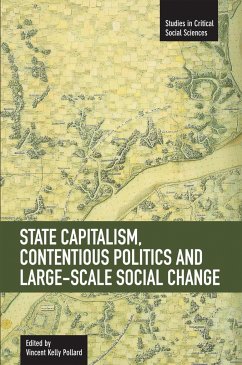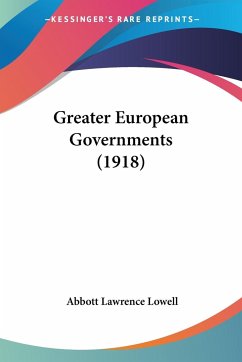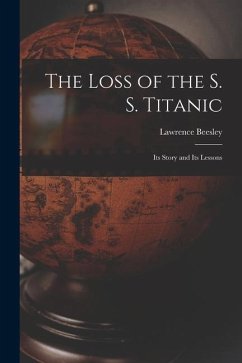
Alan S. Milward and a Century of European Change
Versandkostenfrei!
Versandfertig in 1-2 Wochen
66,99 €
inkl. MwSt.

PAYBACK Punkte
33 °P sammeln!
Twenty-five scholars from various disciplines analyze and explain to the reader many of the complexities of the research output of Alan S. Milward: the role of the modern European nation-state in the social, economic and political development of Europe since the 19th century; the overall social and economic impact of the two world wars; the reconstruction of Western Europe; the rationale behind the Marshall Plan and its long-term consequences; and the multidisciplinary study of the process of the political and economic integration of Europe in a long-term perspective.and the essence of his pio...
Twenty-five scholars from various disciplines analyze and explain to the reader many of the complexities of the research output of Alan S. Milward: the role of the modern European nation-state in the social, economic and political development of Europe since the 19th century; the overall social and economic impact of the two world wars; the reconstruction of Western Europe; the rationale behind the Marshall Plan and its long-term consequences; and the multidisciplinary study of the process of the political and economic integration of Europe in a long-term perspective.and the essence of his pioneering contribution to reaching a better understanding of European economic and political history in the nineteenth and twentieth centuries














